What are the essential building blocks of healthy skin? One by one, we'll take a look at what exactly it takes to get beautiful, radiant, and most importantly, healthy skin. And, as you may have already guessed, it all starts from the inside out
Many dermatologists believe that the skin, the body's biggest organ, is actually the window into our overall health and well being. Basically, healthy skin can be attributed to a healthy body. And, just like you need good quality materials to build a strong foundation for a home, so too, you need quality building blocks for healthy skin. First, we'll take a look at how exactly the environment affects and impacts the health of our skin.
Your Skin and the Environment
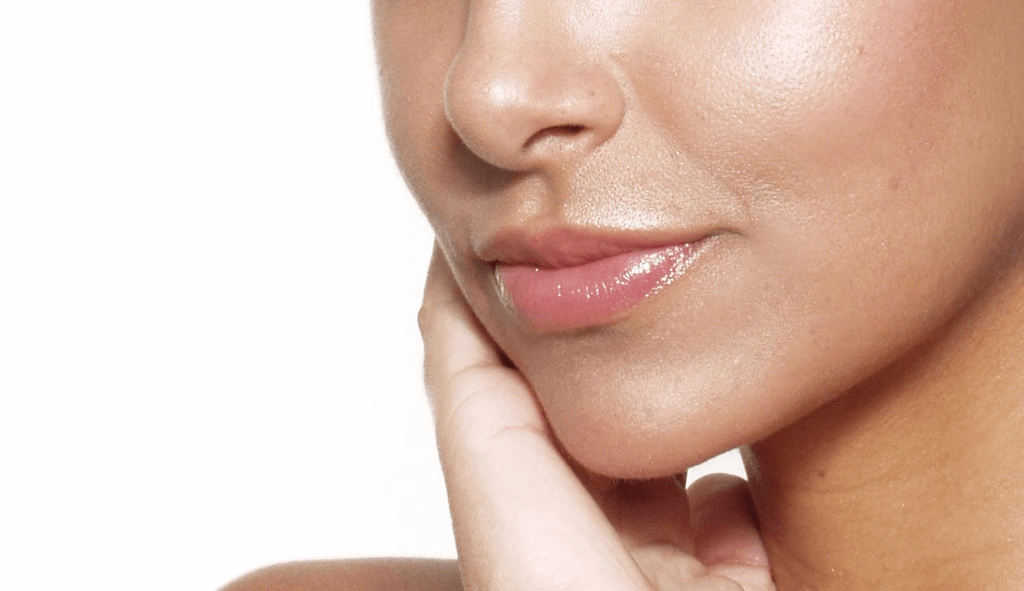
As you may already know, the environment plays a huge role on our skin's health. The air around us, the climate, as well as our age and gender are all contributing factors. The largest organ of our body, the skin, is home to a large number of microbes which can constantly change based on our environment, our gender, and our age.
What this means is that literally anything in our environment can change our skin. This can be the products we apply to our skin, or the air and climate that is around us. Additionally, it's important to know that different parts of the skin will have different reactions. For example, you may have dry elbows and knees, but an oily t-zone.
So then, what are the essential building blocks of healthy skin? In this article, we'll explore the 5 essential buildings blocks of healthy skin and answer the most pertinent questions.
Building Block #1: What You Put on Your Skin and What You Don't
Did you know that your skin absorbs about 60% of what you put on it? This means that if you use a lot of hand sanitizer or abrasive hand cleansers, you'll likely damage your skin. Frequent use of these, as well as household cleaners, can damage the skin microbiome and cause a bacterial imbalance. Over washing and sanitizing could lead to eczema, psoriasis, dandruff, acne, and fungal infections. Basically, try not to strip your skin of the good bacteria!
Building Block #2: Eat Healthy and Drink Lots of Water
This comes as no surprise to anyone that eating a healthy, balanced diet and drinking plenty of water results in healthy skin. A well balanced diet comprised of lean meats and fish, colorful range of fruits and vegetables, and nuts and seeds is super important when it comes to your skin's health. Also, be sure to avoid processed foods and sugar which can actually aggravate skin and possibly cause breakouts. Lastly, drink at least 8 glasses of water per day, and stay away from sodas and juices which are loaded with sugar.
Building Block #3: The ABCs of Vitamins
Healthy, radiant skin starts from the inside out, and nothing is better for your skin than vitamins A, B, C, D, & E. You can find these in fresh fruits and veggies, oily fish, and nuts and seeds. You can also get your daily vitamins through supplements.
Building Block #4: Sun is Important
Although the sun can be extremely harmful to the skin, it's actually super important that your skin receives about 20 minutes of sun each day. This is because our skin and our bodies need vitamin D. So unless you're taking a vitamin D supplement, it's imperative that you slather on some good quality sunscreen and soak up the sun for 20 minutes. Choose either morning or late afternoon sun, as mid-day sun can be very powerful.
Building Block #5: Gut Health
Did you know that most skin problems are actually a direct correlation to the gut microbe? Taking a daily gut supporting probiotic can help you get radiant, healthy skin. If you don't like taking supplements, a daily probiotic yogurt can also do wonders for your skin!
Now that we know the essential building blocks of healthy skin, it's time to take a close look at the actual building blocks of the skin. These are collagen and peptides.
Collagen
Your skin renews itself every 28 days, but after the age of 25 this renewal speed decreases by 1.5% every year. Naturally, as you get older, your skin slowly stops renewing itself, and ends up loosing collagen. Collagen is responsible for a number of different things. First, 75% of the skin's protein is made from collagen. Collagen is responsible for the elasticity of the skin. This is why, as you age, skin starts to sag (you are losing collagen).
Collagen is concentrated in the second layer of the skin, which is called the dermis, and is responsible for the skin's durability, strength, and youthful appearance. After the age of 40, collagen production slows down, which inevitably leads to breakdown and loss of collagen. Because of this, the skin is now thinner and weaker, and therefore more prone to wrinkles and sagging.
As we mentioned above, there are plenty of things you can do to slow down the aging process. This includes eating a healthy, well balanced diet, exercising, getting enough sleep, reducing stress, and always applying sunscreen. Additionally, you should avoid smoking and drinking, as these can rapidly reduce collagen production.
How to Get More Collagen
If your skin is losing collagen, there are a few ways you can replace natural collagen.
Collagen Supplements: high quality collagen supplements can help replace natural collagen that was lost in the aging process. Be sure to look for hydrolysed collagen, type 1 collagen, above 90% purity level, and high peptide content. The preferred collagen supplements are usually fish collagen supplements.
Creams: Collagen peptide fragments can be added to creams and then applied to the skin. Be sure to choose a high quality collagen cream that can help reverse the signs of aging and also add moisture to the skin.
Injections: Collagen fillers are used to plump up wrinkled or loose skin around the eye and mouth usually. Collagen injections can last for several months and need to be administered on a regular basis.
Laser Therapy: This involves exposing the skin to intense wavelengths of light to stimulate the growth of collagen. Laser therapy is usually great for those looking to get rid of acne scars, dark spots, age spots, spider veins, and wrinkles.
Peptides: What do Peptides do for Your Skin?
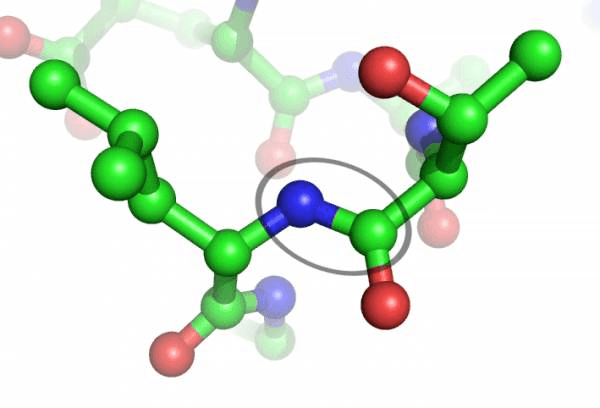
The use of peptides in skin care products has become very important as of late. New research is constantly being done about how peptides work and what they can do for the skin. But what exactly are peptides? Peptides are fragments of protein and on their own, are made up of amino acids. When these amino acids are combined in certain ways, they then create specific peptides. When these specific peptides are created, they then make specific proteins.
What is the benefit of peptides?
And essentially, proteins are the building blocks of skin. Without protein in the skin, there would be loss of elasticity and sagginess. Basically, the skin wouldn't bounce back. Peptides are fascinating because research shows that each of them work differently to target an exact and specific skin care need.
While using skin care products that contain peptides, those alone do not work to restore youthful skin, they are simply an aid to slow down the aging process. Peptides, like all others, need help. It's important to eat well, stay active, and reduce stress in order to achieve youthful looking skin and slow down the process. This is why they're called building blocks – one cannot work without the other.
What specific peptides should people look for in facial skin care & what is the best anti aging peptide?
When looking for peptides for skin care, there are 4 different peptides: carrier peptides, neurotransmitter inhibitor peptides, enzyme inhibitor peptides, and signal peptides. Let's take a quick look at each one!
#1: Carrier Peptides
These include X-50 Myocept, Copper Peptides, etc.
These peptides are called carrier peptides and they help stabilize elements like manganese and copper to your skin. These trace elements helps to boost collagen production, aid in wound healing, and improve skin's elasticity. Copper peptides are most often found in skin care products.
#2. Signal Peptides
These include Palmitoyl Oligopeptide-7, Copper Peptides, Palmitoyl Pentapeptide-4, Matrixyl-3000, etc.
These peptides will send signals (as the name suggests) to the skin to boost elastin and collagen production.
#3. Neurotransmitter Inhibitor Peptides
These include XEP-30, Palmitoyl Tripeptide-38, Palmitoyl tetrapeptide-28 Argireline, Syn-Ake, etc.
These peptides will inhibit your muscle contraction, giving the skin a Botox-like effect. If your muscles don't contract, wrinkles will not form. These peptides will only work on expression lines though, and not lines and wrinkles caused by the sun or the environment.
#4. Enzyme Inhibitor Peptides
These usually include Trylagen, Trifluoroacetyl tripeptide-2, Silk fibroin peptides, Soybean peptides, etc...
What these peptides do is they inhibit all the enzymes that break down the collagen in your skin. In short, these types of peptides will slow down the aging process.
Natural Sources of Peptides: Which Foods You Should Consume For Healthy Skin?
Peptides can be found in a number of different foods, so we're going to take a look at some natural sources from where you can directly get your peptides from!
#1. Milk

Milk is one of the best, if not the best, dietary products with the highest concentration of peptides. Milk is also rich in whey protein and casein. While you can certainly apply milk directly to the skin (it's a natural exfoliator), consuming milk can help in slowing down the signs of aging. Just be sure to consume organic, grass fed milk, as hormone laden milk can cause inflammation.
#2. Eggs

Eggs are rich in peptides, and like milk, can also be applied directly to the skin to make an egg mask. But, consuming them will give your body IRW and IRQ peptides which are anti-inflammatory and also contain antioxidants.
#3. Soybeans
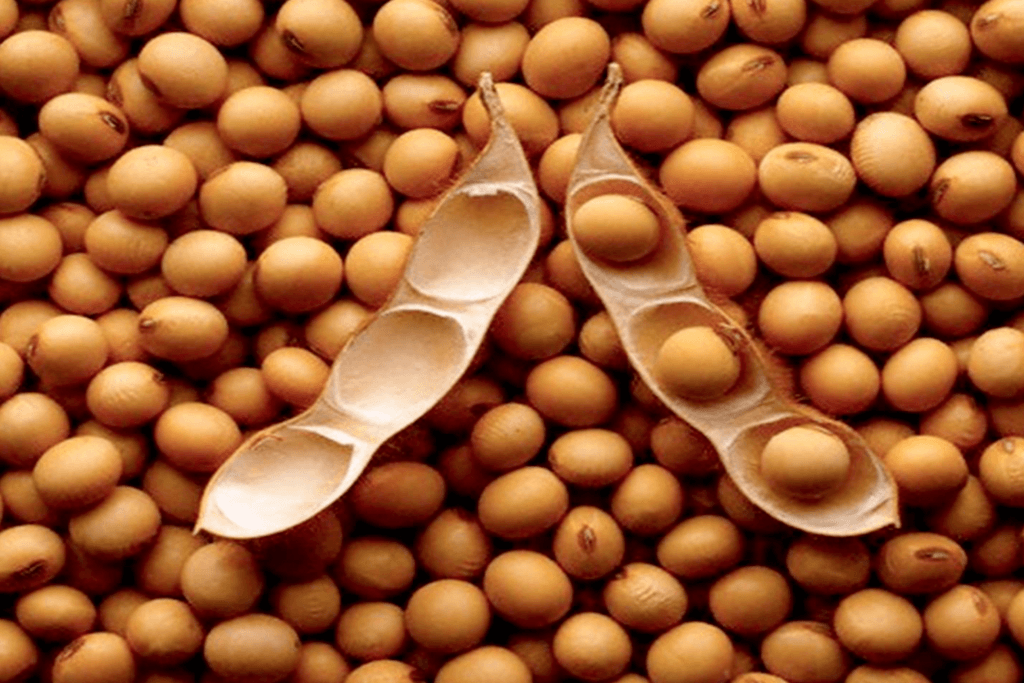
Soybeans, as well as other types of beans, contain peptides which have been proven to help in the overall health of the body. Soybean peptides have anti-fatigue and antioxidant properties. A study also suggests that consuming soybeans can increase Type I collagen in your body.
#4. Fish and Meat

Very rich in collagen and peptides, fish can prevent photoaging of the skin. Fish bones and skin, are especially rich in collagen. You'll find marine derived collagen mostly used in skin care products. Meats, such as chicken, beef, and pork, are also a rich source of peptides.
Consumption of the above foods that are rich in peptides is an important part of a healthy diet. Additionally, you can also take supplements which contain peptides and collagen. But what lotions and potions? Let's take a look at the best peptin enriched beauty products!
Skin Care Products That Contain Peptides
The skin care market is full of products that contain peptides, but do you know which are best? We've compiled a list of the absolute best skin care products that contain peptides.
#1. Olay Regenerist Micro Sculpting Cream
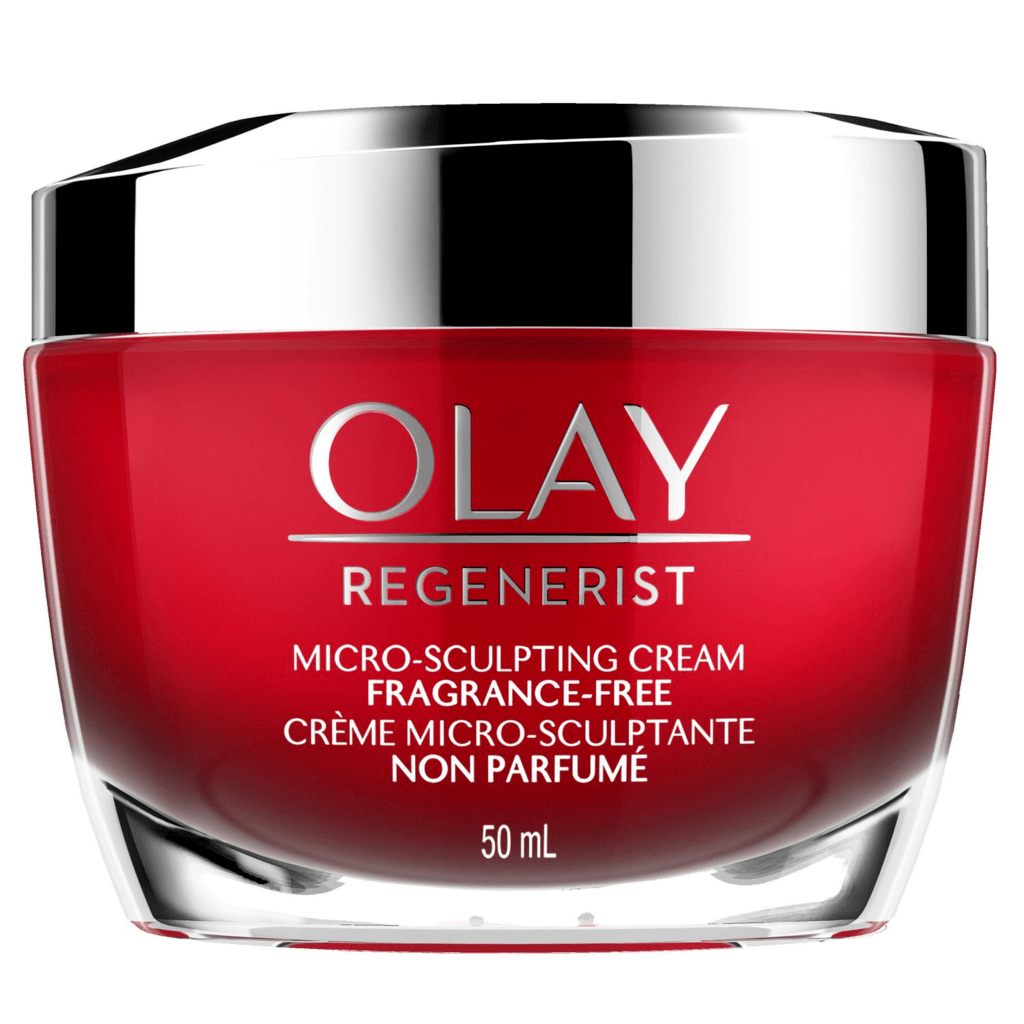
The Olay Regenerist Micro Sculpting Cream is a very popular one as it's very affordable, but also contains collagen peptides that start working to reduce the appearance of wrinkles almost immediately. Also helps to keep skin hydrated and firm.
#2. Algenist Elevate Advanced Lift Contouring Cream
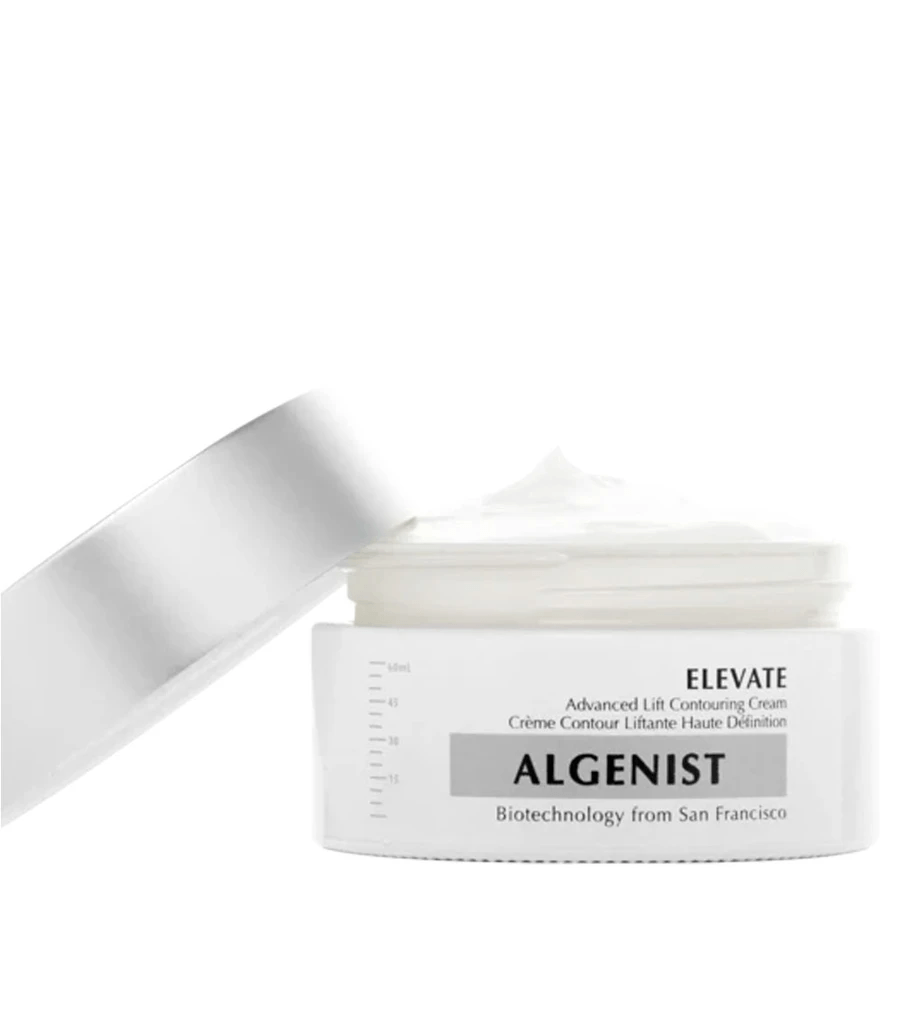
The Algenist Elevate Advanced Lift Contouring Cream contains alguronic acid as well as tripeptide-2 which helps to minimize and slow down the signs of aging.
#3. The Ordinary Buffet
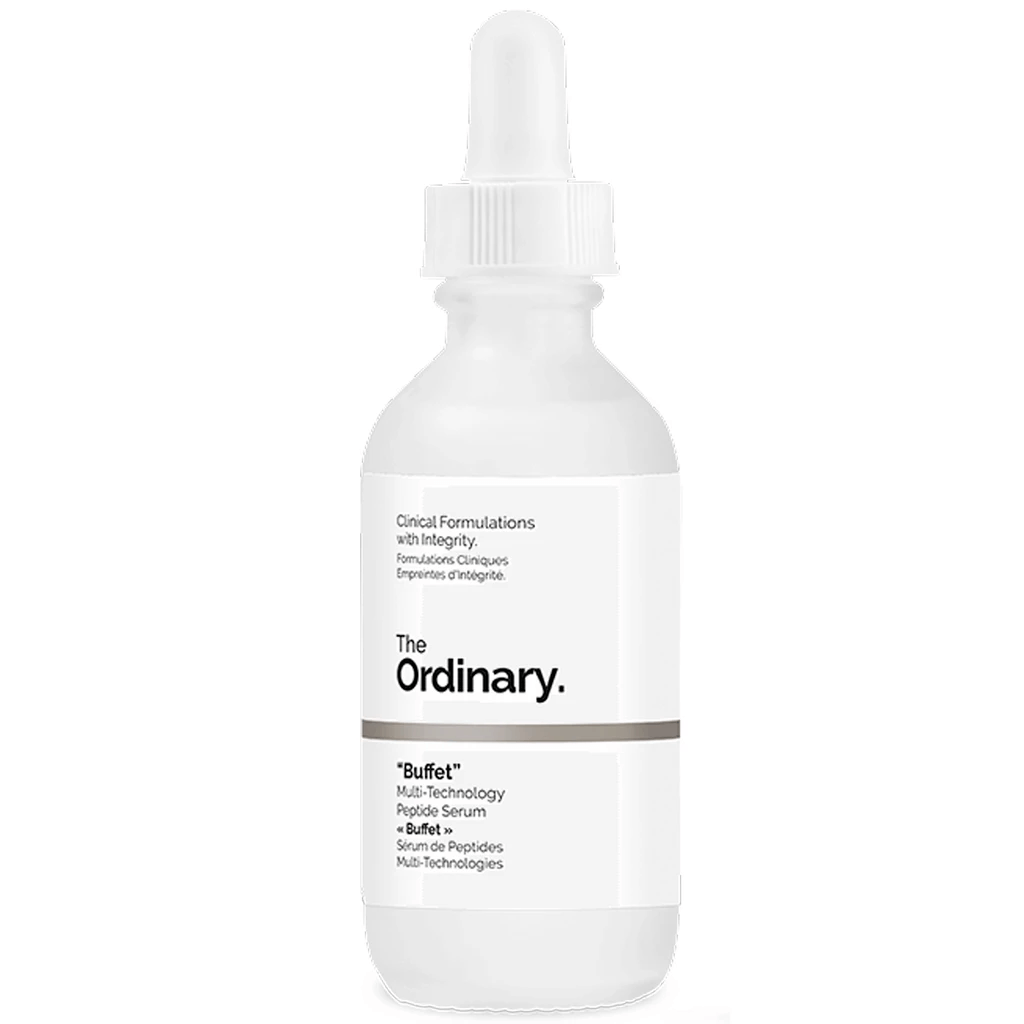
The Ordinary Buffet is a peptide serum which targets numerous signs of aging and also helps to keep skin glowing and youthful. The key ingredient in this serum is Matrixyl 3000 which helps to plump up the skin and also boosts collagen production.
#4. Avon Anew Clinical Eye Lift Pro
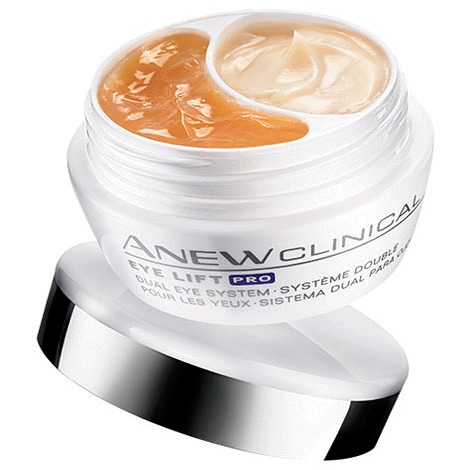
The Avon Anew Clinical Eye Lift Pro contains peptides which can help target a number of skin issues such as wrinkles, fine lines, dark spots, and sagging skin.
#5. Lumene Premium Beauty Rejuvenating Instant Serum
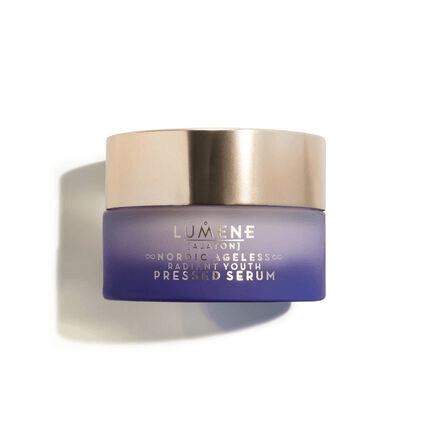
The Lumene Premium Beauty Rejuvenating Instant Serum contains arctic seabuckthorn and peptides which smooth wrinkles and fine lines and keeps skin youthful looking.
#6. Osmotics Blue Copper 5 Face Lifting Cream
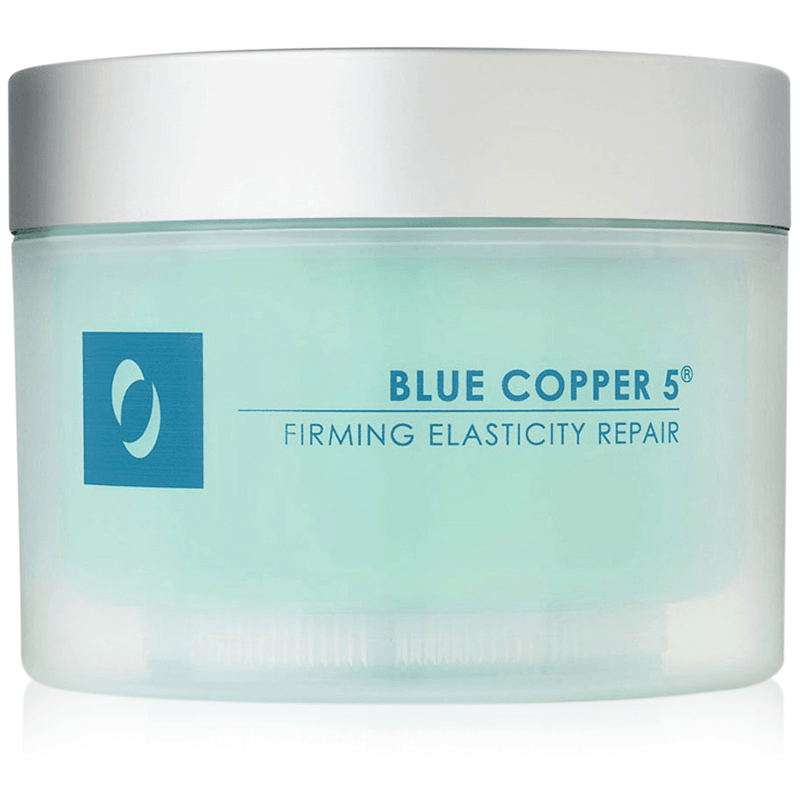
The Osmotics Blue Copper 5 Face Lifting Cream contains blue copper peptides and helps to slow down the aging process and also fill in lines and wrinkles.
Are There Side Effects to Using Peptides?
Unfortunately, there may be some mild side effects once you start using peptides. These may include:
- Rash
- Itchiness
- Redness
- Inflammation
Before using any type of product that contains peptides, be sure to consult your dermatologist to ensure you are not allergic to any of the ingredients. Additionally, you can also do a patch test on your skin.
Beauty products that contain peptides can really make a huge difference in the appearance and health of your skin, but just be sure to do your research. The products we've mentioned are loved by all and have amazing reviews, but if you use any other product, let us know in the comments!
Like this post? Share, and Comment Below 🙂

Super informative post, thanks! Quick question: which of those creams would you recommend for someone in their 30s who is starting to get wrinkles around the eyes? Thanks!
Hi Shannon,
I would definitely recommend Olay Regenerist cream. I use it only a daily basis and I’ve seen huge improvements.